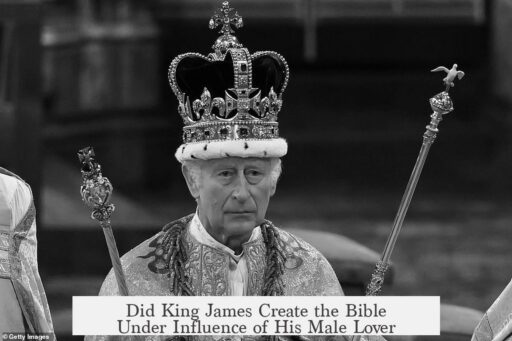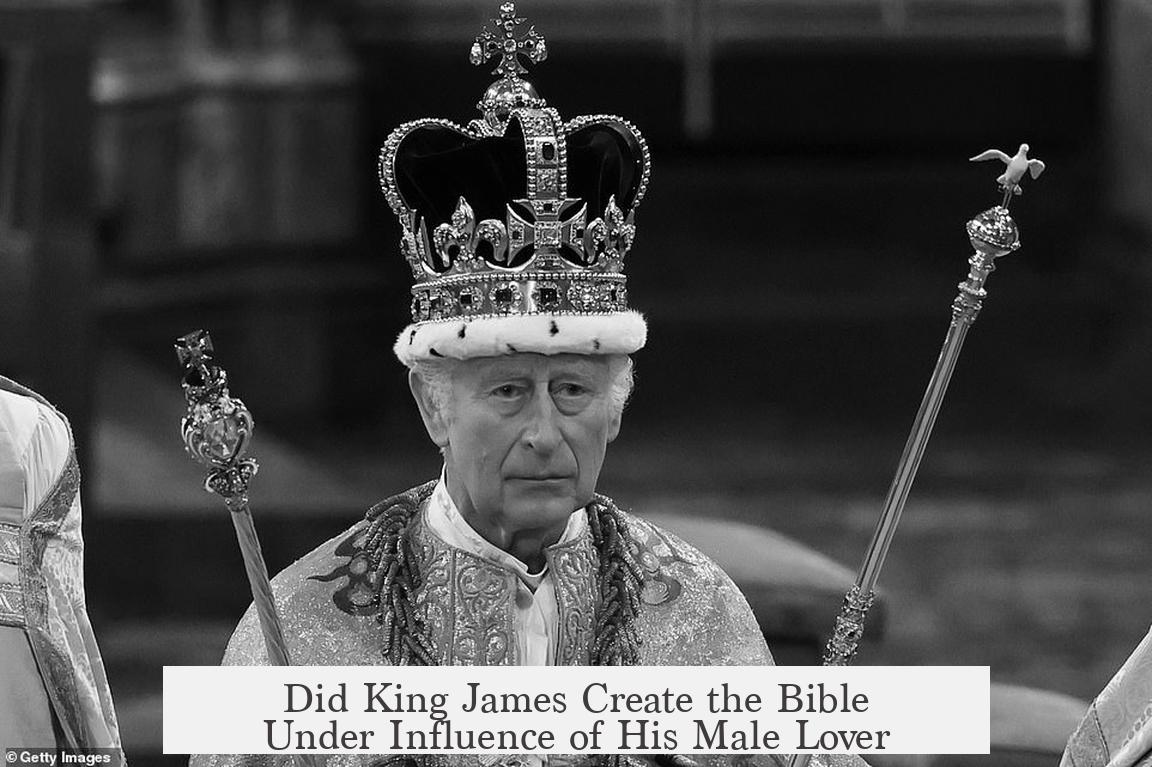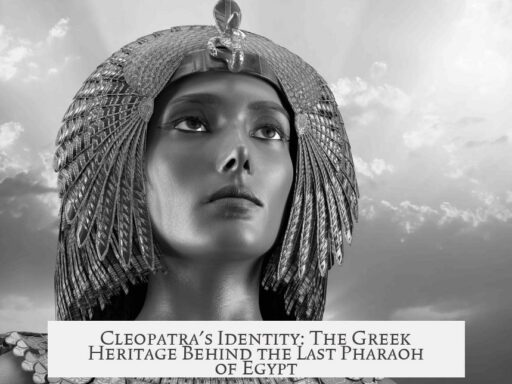The King James Bible was not created because of King James I’s male lover. This claim lacks historical credibility and is contradicted by the timeline and documented motivations behind the Bible’s commissioning.

The idea that James I commissioned a new Bible translation to deflect criticism surrounding his relationship with George Villiers, Duke of Buckingham, originates mainly from a popular meme circulating on platforms like Tumblr. However, this assertion does not hold up under scrutiny.
James I did have close personal and possibly romantic relationships with male favorites, including Buckingham. Scholarly research and expert discussions confirm these relationships existed. Yet no credible historical evidence links these relationships to the decision to commission the King James Bible.
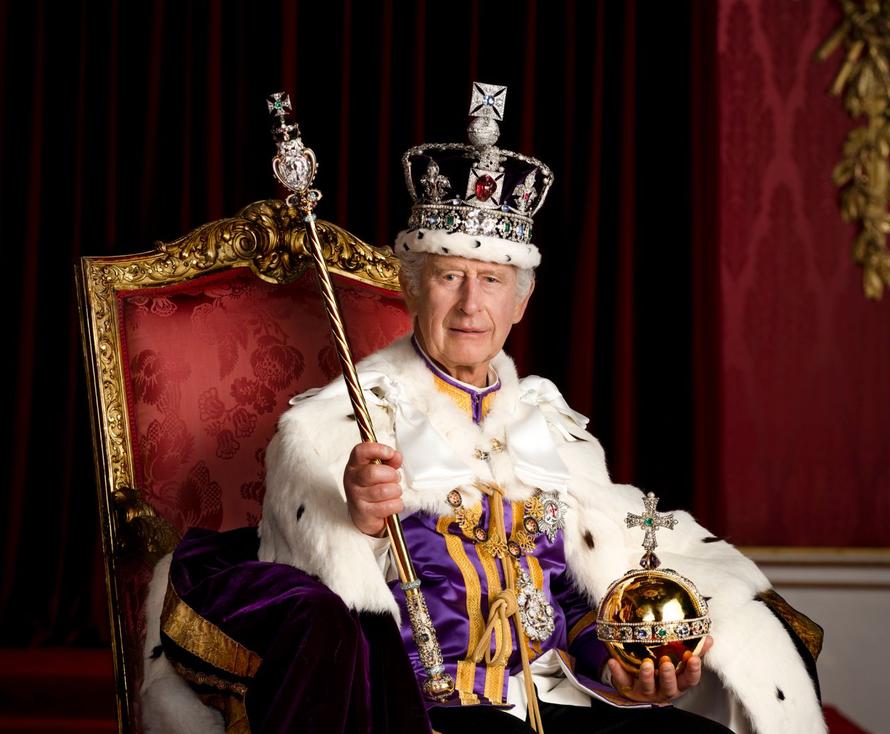
Moreover, the chronology disproves this theory. James I commissioned the Bible translation in 1604. He met Buckingham a decade later, around 1614. The Bible’s commissioning cannot relate to Buckingham or attempts to manage public opinion about the king’s private life.
The actual reasons involve religious and political concerns prevalent at the time. Upon ascending to the English throne, James faced pressure from Puritan ministers demanding reform of the Church of England. These demands were outlined in the 1603 Millenary Petition, signed by about 1,000 ministers seeking to eliminate what they saw as Catholic-style corruption in the church.
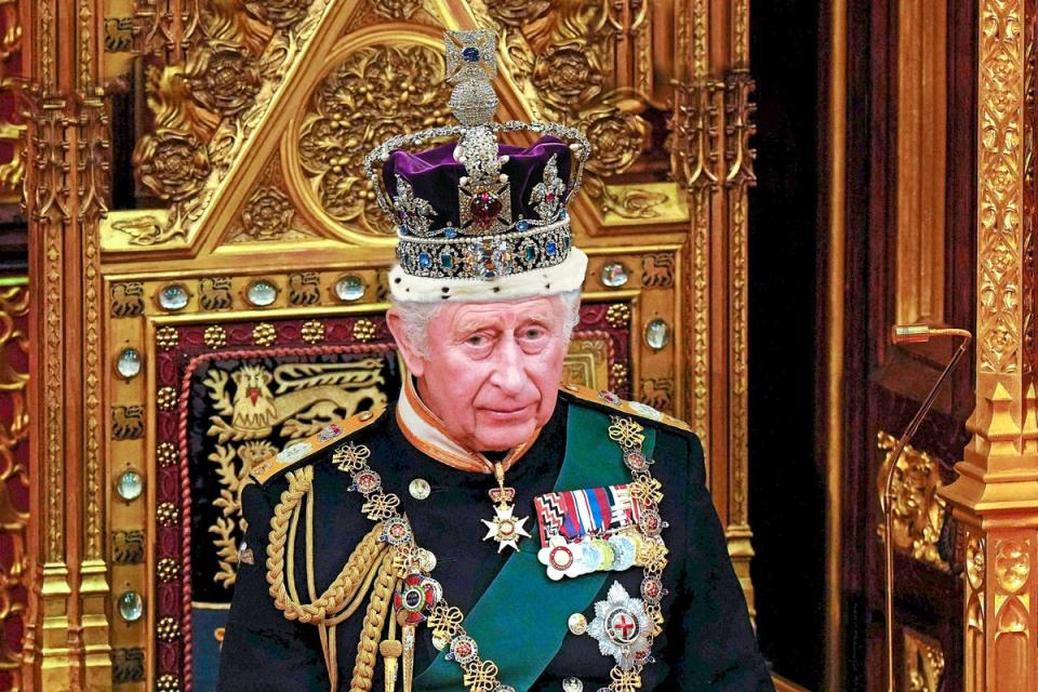
- Puritans hoped James, familiar with Presbyterianism in Scotland, might support their reforms.
- James, however, resisted Puritan aims, influenced by his Scottish background where the church held strong power.
- Despite opposition, James convened a conference with bishops and Puritan representatives to discuss their concerns.
The King James Bible translation served as a political and religious tool to calm Puritan unrest without conceding much. It aimed to unify the English church and provide a standardized, authoritative English Bible suitable for broad use. Thus, the Bible’s production responds to wider church politics, not personal matters of the king’s relationships.
| Aspect | Details |
|---|---|
| Commission Date | 1604 |
| Relationship with Buckingham | Begins circa 1614 (post-commission) |
| Motivation for Bible | Addressing Puritan challenges, church unity |
| Puritan Influence | Millenary Petition demanding reform |
Key takeaways:

- James I’s male relationships did not motivate the King James Bible’s creation.
- The Bible was commissioned before James met Buckingham.
- Puritan demands and church politics drove the initiative.
- The translation aimed to pacify religious tensions, not conceal royal affairs.
Was the King James Bible Made Because of the King’s Male Lover?
Short answer: No. The idea that the King James Bible was created to cover up King James I’s male lover is a myth lacking historical support. But let’s dive into the juicy details—and discover the real story behind one of the most famous book projects in history.
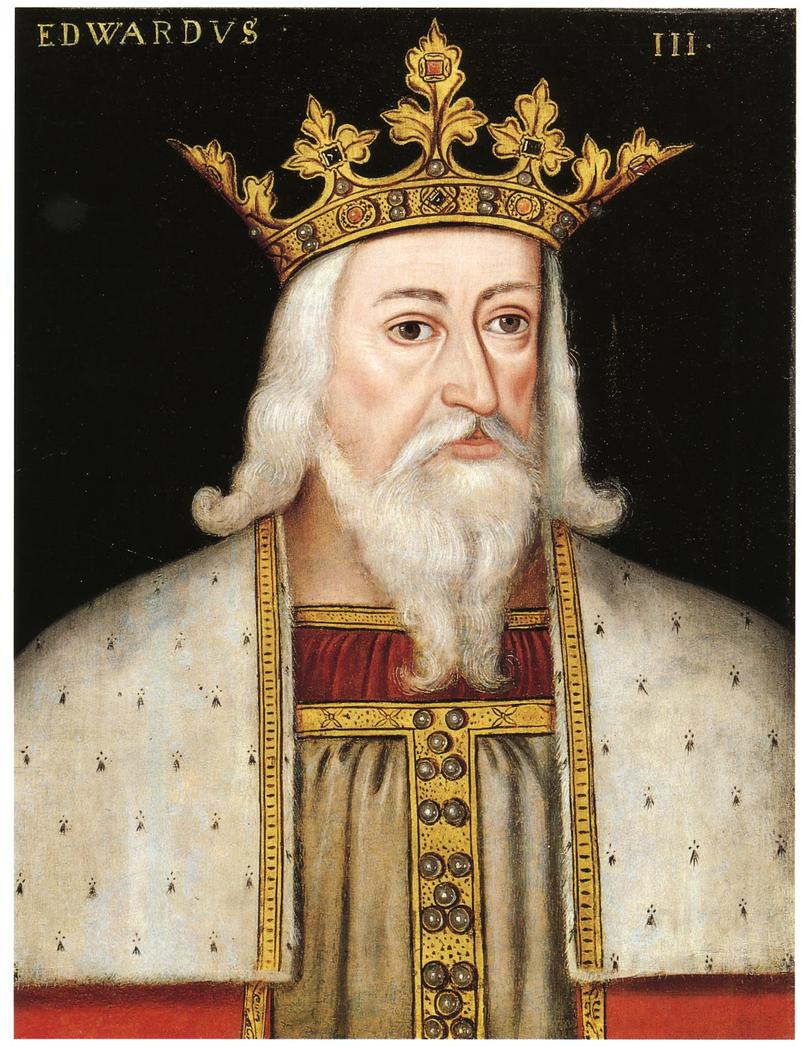
You might have stumbled upon a Tumblr meme or an internet whisper suggesting that James I commissioned the King James Bible translation to “get the church off his back” about his relationship with George Villiers, Duke of Buckingham. Sounds spicy, right? But hold those horses. This claim, while colorful, crumbles under scrutiny.
The Origin of the Rumor
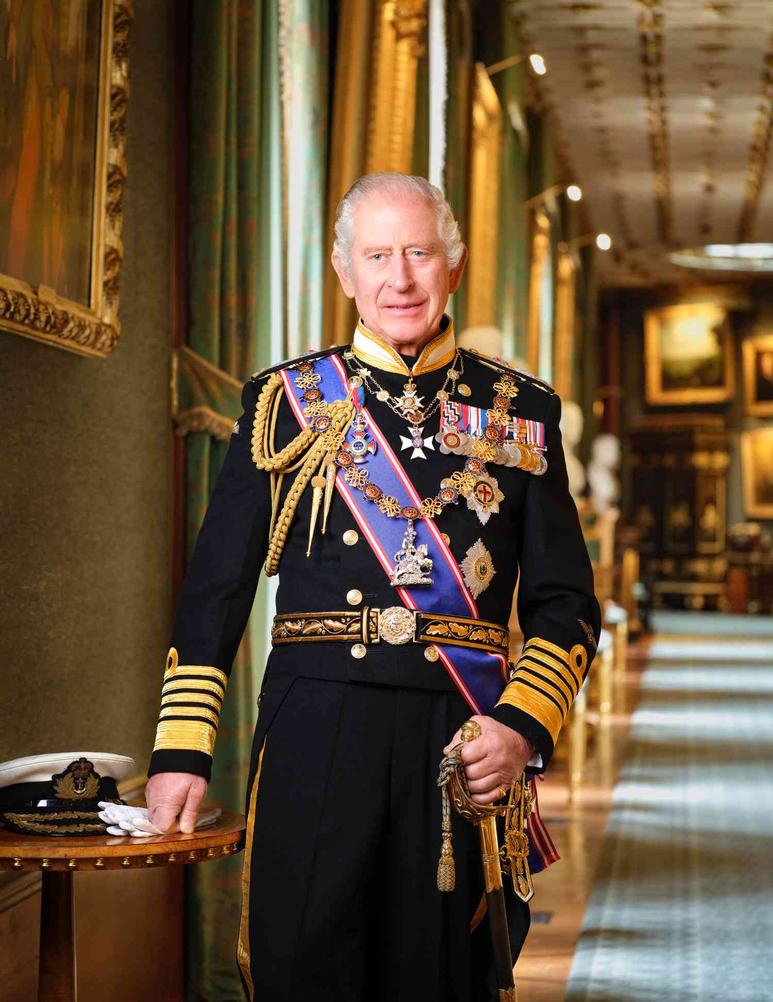
The meme circulating online is most likely where many of these whispers come from. It claims that James I, feeling pressure from the church about his intimacies with Buckingham—a close male favorite—decided that a shiny new Bible would distract and calm the church’s concern.
However, here’s the kicker: this story is more fiction than fact. That Tumblr post might be entertaining, but in the world of historical accuracy, it doesn’t hold water.
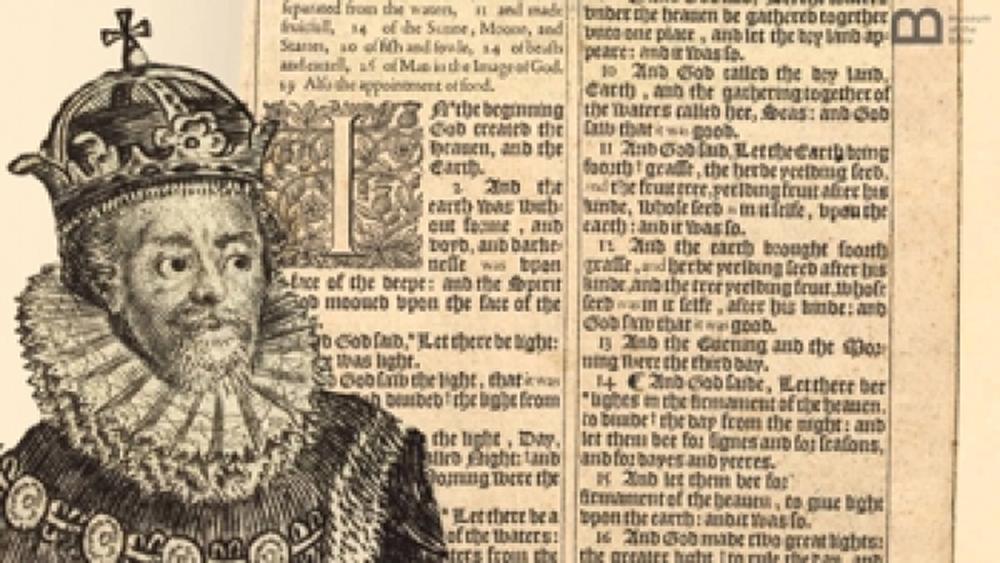
James I and His Male Favorites: The Historical Reality
No one denies James I’s close court relationships with male favorites. Historians generally agree he had romantic, and possibly sexual, partnerships with men like George Villiers. These connections were known, discussed, and, frankly, part of the colorful tapestry of his reign.
But—and it’s a big but—there’s no credible evidence that these relationships had anything to do with commissioning the King James Bible. Let’s get this clear: the two facts exist side by side, but don’t connect causally. It’s like saying your cat causes your coffee to spill—funny, but wrong.
The Timeline Speaks Loudly
Here’s a solid proof point against the rumor: the King James Bible was commissioned in 1604. George Villiers, James’ famous favorite, didn’t even appear on James’ radar until about 1614, a decade later.
If the Bible was meant to “silence” church talk about Villiers, the timeline just doesn’t add up. Commissioning started way before Buckingham was even in the picture.
Why Was the King James Bible Really Created?
Let’s pivot to the genuine reasons James wanted a new Bible translation. It wasn’t about love scandals—it was about religious peace and politics.
James I faced a tumultuous religious landscape. The Puritans—a strict faction within the Church of England—were pushing hard for reforms. They wanted to cleanse the English church of what they called “Catholic corruptions.” You can think of them as the religious tough critics, constantly pointing out what they saw as flaws.
Before James even set foot in London to take the English throne, a big group of Puritan ministers had drafted the Millenary Petition in 1603. This petition demanded reforms making the church more Puritan in style and less like the ornate, ceremonial church many detested.
This wasn’t a small protest. The petition supposedly gathered 1,000 minister signatures, showing it had serious backing. The ministers assumed that James, who ruled Scotland and had strong experience with Presbyterianism (a Puritan-like system), would be their ally.
But James Had His Own Ideas
Shockingly, James was less friendly toward Puritan demands than expected. His experience in Scotland actually made him wary of Puritans’ goals. The Scottish Presbyterian church was powerful, and James preferred a unified, moderate religious environment, without extreme factions pulling apart the kingdom.
So, what did he do? He called a conference, now famously known as the Hampton Court Conference, where Puritan representatives and bishops met to air grievances and discuss reforms. This conference didn’t deliver everything Puritans wanted, but James promised a new Bible translation to settle disputes.
The King James Bible: A Political Masterstroke
The commission of the new Bible in 1604 was a strategic move. It served to pacify the Puritans without giving up too much ground. James said, “Let’s have a new Bible that everyone can agree on,” softening tensions in the religious battlefield.
It brought the different factions together under a grand scholarly project. The result? A majestic English Bible translation that many still hold dear. It was about political unity and religious peace—not personal scandal cover-up.
Lessons From History: Separating Fact from Fiction
This tale highlights how sensational rumors thrive online, sometimes overshadowing historical facts. The story of James I’s personal life is interesting, no doubt. But mixing it up with the Bible translation commission lacks evidence and confuses timelines.
In truth, the King James Bible was born from complex religious dynamics, political strategy, and the desire to create unity in a kingdom divided by faith debates. It reflects human nature and politics far more than personal love stories or court gossip.
Can a King’s Love Life Shape Religion?
It’s tempting to think that royal love dramas could influence major historical events. However, when you check timelines, documents, and political contexts, the truth often turns out less dramatic but far more enlightening.
James’ male relationships and the King James Bible are two separate chapters. While the former tells us about the personal and social intrigues at court, the latter reveals a keen ruler’s attempt to manage religious conflict and authority.
Final Thoughts
So next time you hear that the King James Bible was commissioned because of James I’s male lover, remember: the real story is much richer and more significant. It’s about political maneuvering, religious tensions, and a monarch’s efforts to unify a splintered church—not hush-hush love dramas.
History deserves better than gossip. The King James Bible stands as a monument to political wisdom and religious diplomacy. And King James? Well, he was a man with a complicated personal life, but also a ruler making tough decisions amid tricky times.
How often do we mistake the spicy gossip for hard truth? Maybe sometimes. But in history, digging past the rumors reveals far more fascinating stories. And the King James Bible’s origin is one of those stories.
